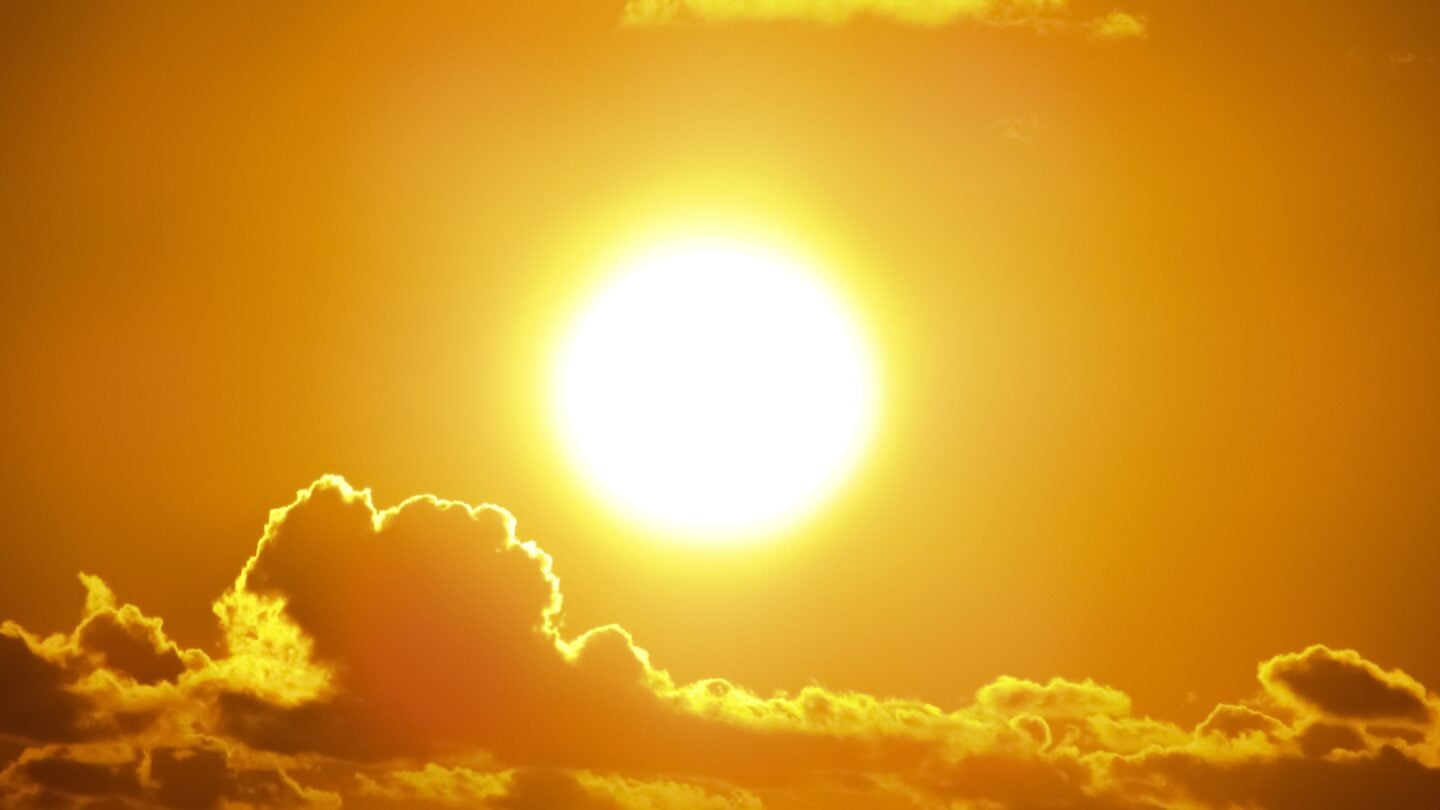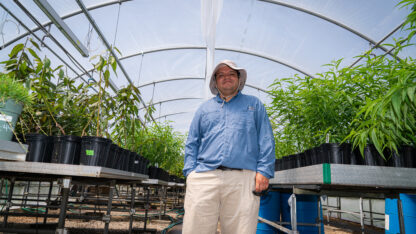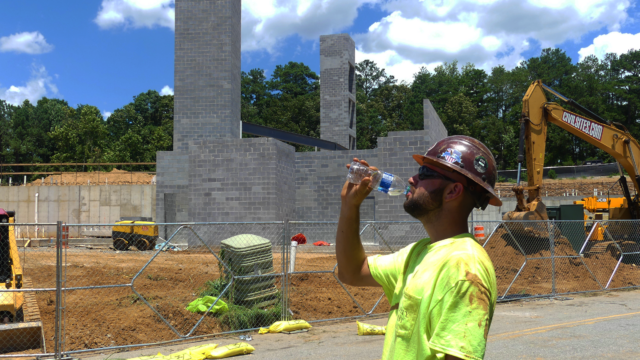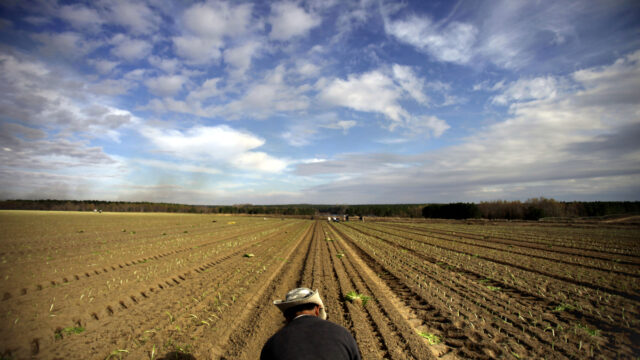The globe is baking this summer.
Temperature records are falling in North America, Europe, Africa and Asia, and it’s very likely that 2022 will end up being one of the 10 warmest years on record, according to the National Oceanic and Atmospheric Administration.
Last week, parts of Georgia were forecasted to endure multiple days with a heat index over 100 degrees. The first half of 2022 was Atlanta’s fourth-warmest on record according to NOAA.
And Atlantans have noticed.
“Both my children play competitive tennis, and while we’re used to the heat, this has been to the point where it’s at an unhealthy level,” Druid Hills resident Jaclyn Maldonado said. “If we’re not off the courts by 10 a.m. we worry about heat exhaustion and other factors.”
It’s been on Catalina Cheng’s mind, too. She recently moved to Atlanta from Tampa. She said when she visits the skatepark on the Beltline, she’s been coming prepared with an umbrella, a fan and a gallon of water.
“When I moved here I thought it was going to be a little colder at least, but it’s so much concrete that the heat just, like, bakes us up,” she said. “It’s just as hot as Florida, if not hotter.”
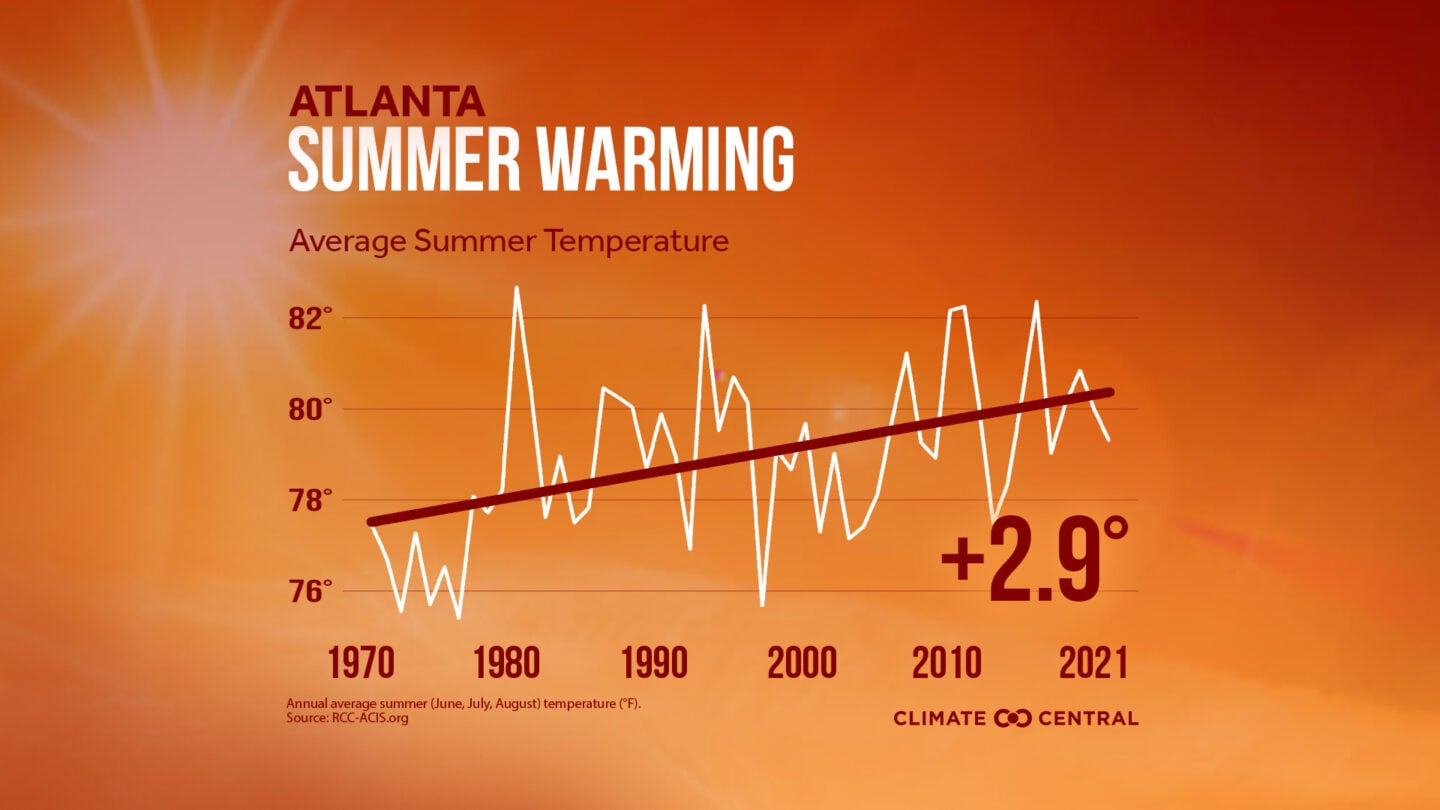
According to the most recent National Climate Assessment, Southeastern cities are experiencing more heat waves, and they’re longer.
The freeze-free season in the South is getting longer.
Our nights are getting warmer. And hot nights aren’t just uncomfortable; they’re dangerous because cooler nighttimes are when our bodies recover from really hot days.
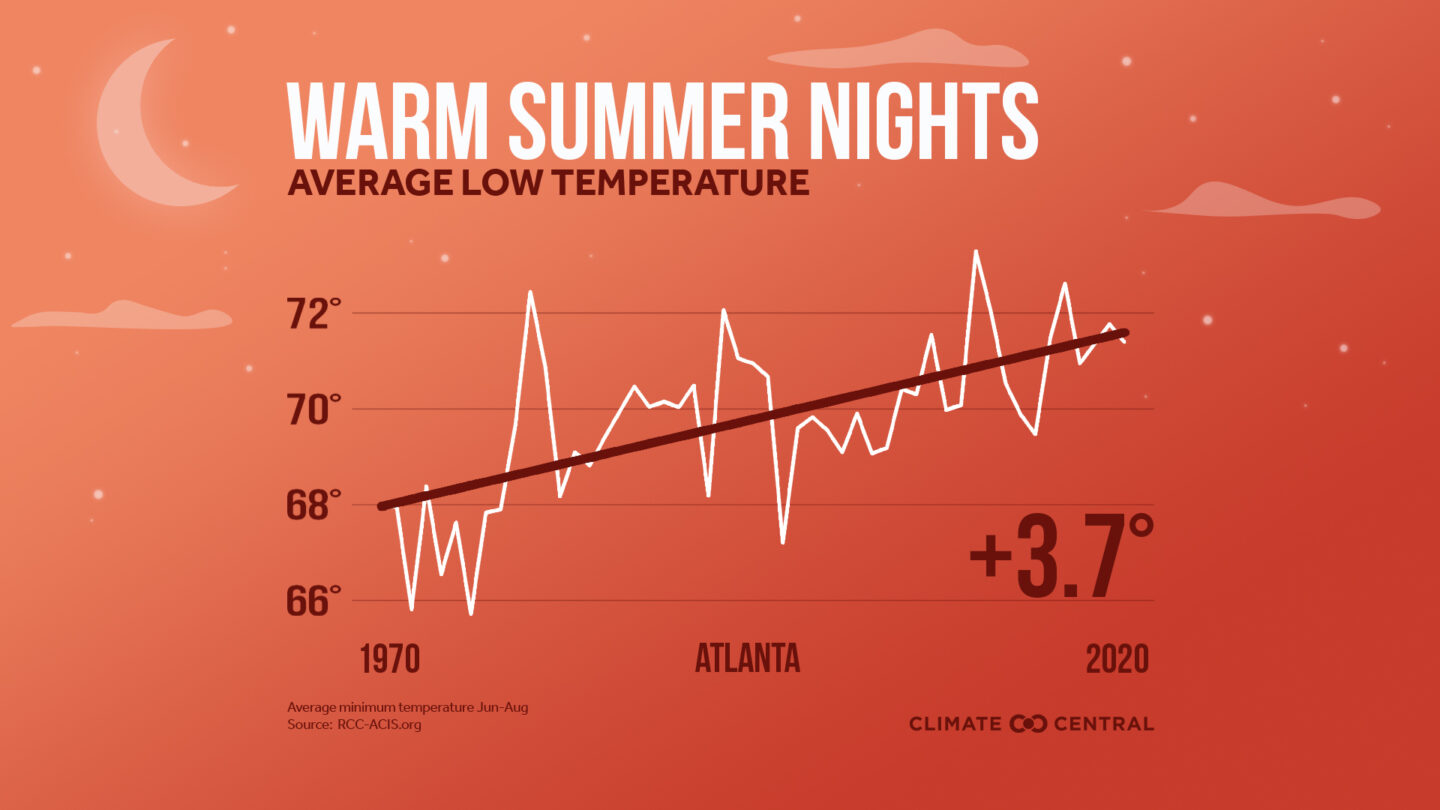
The science is clear on this: It’s going to get hotter, and it’s happening because of human-caused climate change.
A robust branch of science called attribution can now evaluate the extent to which climate change affects extreme weather. There’s a clear connection between climate change and rising temperatures.
Over the last decade or so, the world has set heat records and endured heat waves that either would not have happened at all without climate change, or were more severe because of it.
Even beyond extreme events like heat waves, science shows it’s going to get hotter on average in general — there will be more days over 90 degrees and more days over 100 degrees than there used to be.

In cities, the urban heat island effect adds another layer. Because of all the buildings, roads and other hard surfaces in cities, they are hotter than rural areas. Neighborhoods with less tree cover are even hotter than urban areas that have a lot of trees. Those areas with less tree cover are often low-income communities or communities of color.
Over the next few weeks, WABE will explore how heat is changing Georgia — and how Georgians are adapting.
We’ll tell you about efforts to protect outdoor workers and athletes, and show how warmer winters are affecting the iconic Georgia peach. We’ll examine the ways we’re failing the state’s most vulnerable, who often feel the worst effects of rising heat. And we’ll report on how people are adapting — and working to help others adapt.
Bethany Cates contributed to this story.
This story is part of WABE’s The Heat Effect series. The stories will air on WABE. You can also keep up with them here and see photos, data and more extras at WABE.org/heat.
This coverage is made possible through a partnership with WABE and Grist, a nonprofit, independent media organization dedicated to telling stories of climate solutions and a just future.
